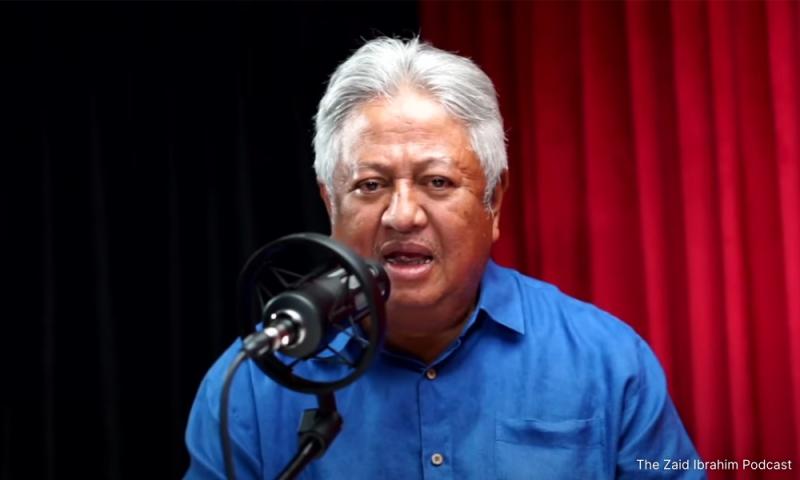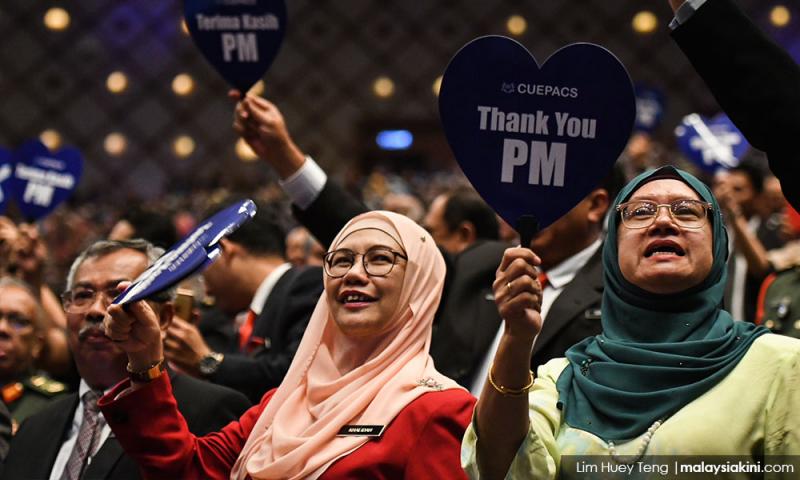COMMENT | Elections in countries all over the world that adhere to democratic norms are generally decided by the three 'Ms' of money, media and party machinery.
There is also a fourth 'M' factor at work – electoral gerrymandering and voter malapportionment.
However, genuine and aspiring democratic countries do attempt to minimise partisan geographical bias and intentional gerrymandering, such as that based on race, so as to ensure that elections are not only free and fair but also result in a legitimate mandate to govern for the winning party or parties.
For the coming 14th general election in Malaysia, we have seen concerned citizens and the opposition respond with outrage to the massive gerrymandering and malapportionment as well as the huge cash and other financial and material benefits promised by the BN government in its effort to buy the support of key voting groups.
We have also seen a string of respected international media columnists write disapprovingly of the unprecedented efforts made by caretaker prime minister Najib Abdul Razak to win the election by what they mainly regard as foul means.
On March 8 and 10, well before the new avalanche of cash benefits especially targeting rural Malays was unveiled in the BN election manifesto, The Economist – perhaps the most respected financial weekly in the English language and enjoying an international readership among discerning readers for its in-depth analysis of the world economy and current developments – published two articles focusing on the Malaysian election....





